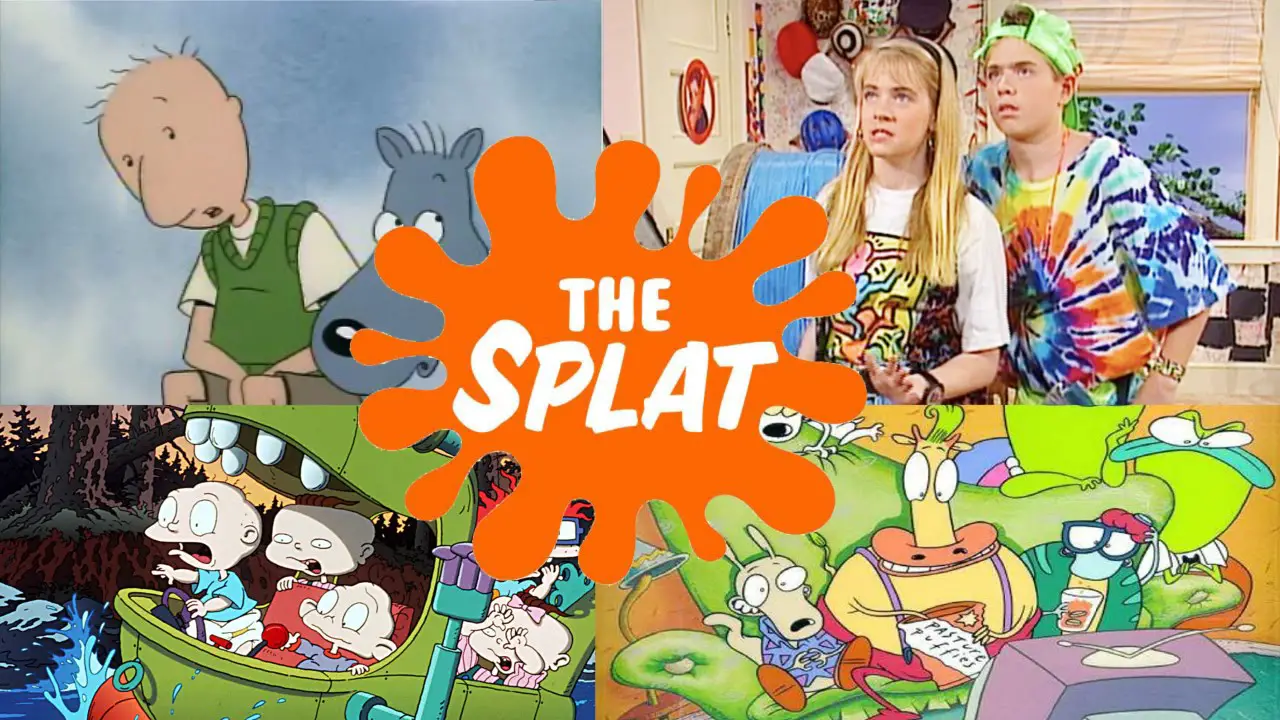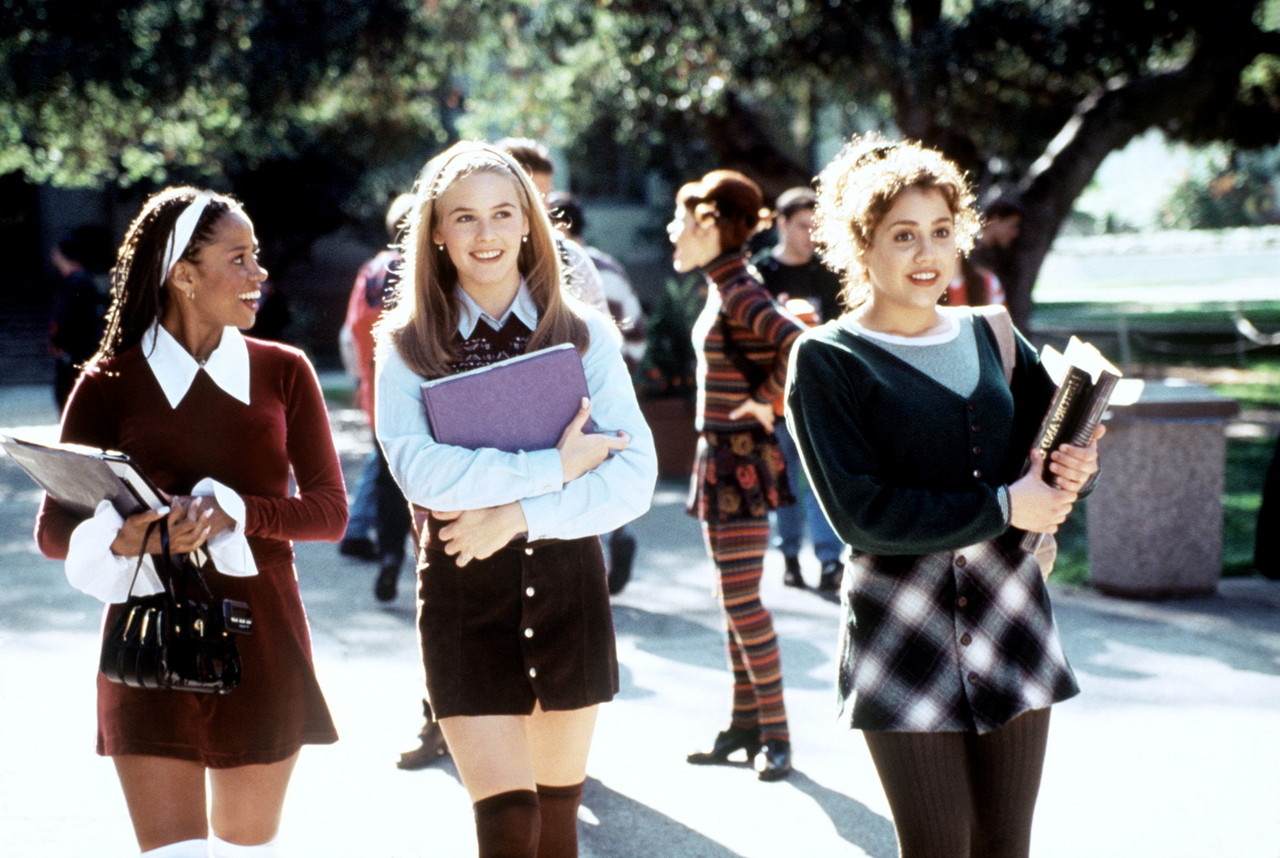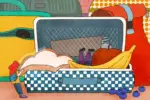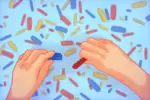Reliving the Best Decade
All of us ‘90s “kids” are now ‘90s “adults,” and we’re reliving something that no other generation has indulged in as heavily: Our childhood.
By Kristian Porter, Northern Kentucky University
It’s no secret that the ‘90s have taken over.
You can’t go online without your social media being flooded with news of yet another reboot of a ‘90s TV show, and you can’t spit without hitting a girl in a choker and high-waisted jeans. But it’s more than just a rehash of old trends—the ‘90s have become some kind of nostalgic paradise, the only perfect place left—a security blanket for the twenty-somethings.
I was born at the beginning of ‘96, so my available memories of the ‘90s involve cartoons and picnics with my mom, nothing about the actual culture. Even so, I’ve found myself defending the time period. Being a “’90s kid” has become a kind of status symbol, a bargaining chip on the scale of whether you are cool or not—even for people who were literally in diapers when the decade ended.
I have no recollection of whether or not the ‘90s were as great as my fellow millennials make it out to be, so I got to wondering: Why the hell is everyone so obsessed?
The In-Betweeners
According to a popular Tumblr post, it has to do with our in-between culture, having one foot in a past without technology and another submerged in it. There was a lot of advancement in a short period of time. One minute computers were huge and heavy and brand new and the next minute they could fit in your pocket. The world we live in is fast-paced and things change as quickly as they happen. All of that change can make it feel like the ‘90s are some distant, foreign place and not something that ended less than two decades ago.
On top of this, the post goes on to argue that Generation Y grew up with the idea that going to college automatically equaled a successful life, only to have that idea tainted when the housing market crashed and the recession hit. Life suddenly seemed a lot harder than originally thought and, at least according to the Tumblr user, it made us bitter.
To some extent, I agree with that.
A lot of shit happened in a short period of time, and that can be scary for anyone.
What it all amounts to, though, is that those born in the ‘90s are now having to face a much scarier change, and they might not be prepared for it.
Being an Adult Is Fucking Terrifying
Those born at the tail-end of the decade are now turning 18, meaning every “’90s baby” is now a ‘90s adult. With this transition into a new phase of life comes a nostalgia for everything left behind. This is true of any generation. I think everyone is in consensus that anything before job searches and rent payments could be considered a “simpler” time. Of course I’m wistful for a period that involved me watching Saturday morning cartoons and eating French Toast Crunch (which FYI is back thanks to this ‘90s obsession).
Their wistfulness has caused them to postpone adulthood longer than those before them. Some are choosing to move back home with parents before starting out on their own. Many are putting off marriage and kids to live longer in a stasis of youth. Unlike others, those from the ‘90s are making it a point to reintroduce their old trends to contemporary culture, and it just so happens that millennials have a very strong influence.
With the introduction of social media came a whole new age in the way trends are started and society is transformed. No longer do young people need to only look to magazines and celebrities for what is cool—they can look to people just like them all over the world. From Instagram pictures of squads in throwback gear to Facebook statuses rehashing the joys of Nintendo 64, ‘90s babies everywhere can find solace in knowing that they aren’t the only ones feeling lost and longing for the past.
But it isn’t just those from the era who are keeping the ‘90s alive anymore. When a large group of people collectively decide that something is cool again, it affects marketing strategies.
Marketing the ‘90s Mentality
Actually called Nostalgia Marketing, companies aim to connect themselves and their products with happier times in their millennial consumers’ lives. This “happier time” has proven to be the ‘90s. This is why so many companies seem to be riding the throwback bandwagon. Nickelodeon, for example, heard the pleas of older viewers to bring back their favorite cartoons like “Hey Arnold!” and “Rugrats.” As a result, they now have a selection of programming called “The Splat” consisting of a playlist of ‘90s favorites that actually earned the network 50 percent higher ratings. Harkening audiences back to their childhood is a marketing strategy that works with millennials in a way that no other strategy has been able to.

Businesses are not just changing their marketing; they’re actually bringing products back from the dead. As mentioned earlier, French Toast Crunch has made a comeback, and Coca-Cola recently relaunched Surge soda after a Facebook campaign was created to bring it back.
This is the similar situation that we see with television shows. Programs like “Full House” and “The X-Files” saw a reboot this year, and more just keep being announced. As long as they continue to bring in ratings, Networks will continue to milk the nostalgia-factor.
While I can definitely vouch for the quality of ‘90s cartoons, and I can’t deny my love for a good Throwback song, there is something unsettling in the way the decade is being fetishized by corporations. If it is true that the generation is stuck in a rehash of old ways, clinging to their childhood for as long as they can, it seems wrong for companies to continue to supply the security blanket.
Regardless, I will still continue to watch every new episode of “Fuller House,” while probably playing Pokemon and wearing flannel because, after all, I am just a ‘90s kid.


















I was born the the first year of the decade and I don’t consider myself a 90s kid, more of a baby. You were 3 when the decade ended. You’re more of a 00s kid just like me.
[…] this statement serves as a massive understatement: this decade’s culture basically serves as a reincarnation of the 90s. from fashion to entertainment and everything in between seems so much like it did those 20 odd […]